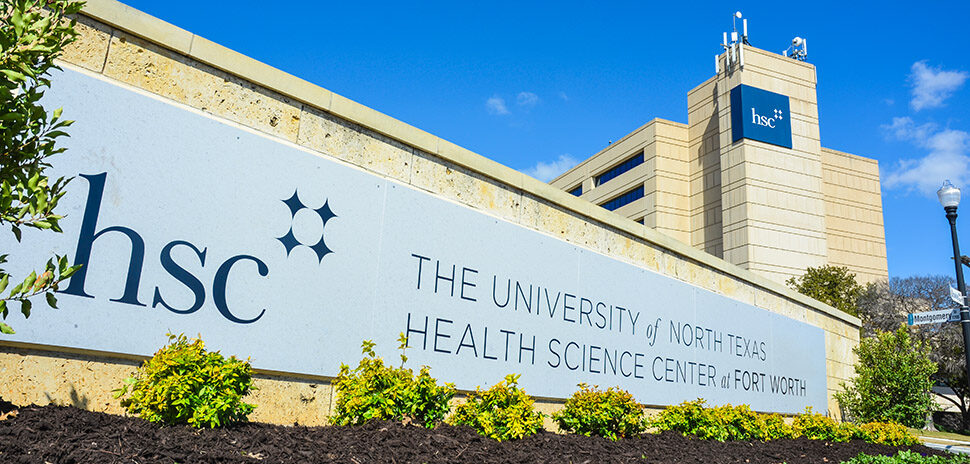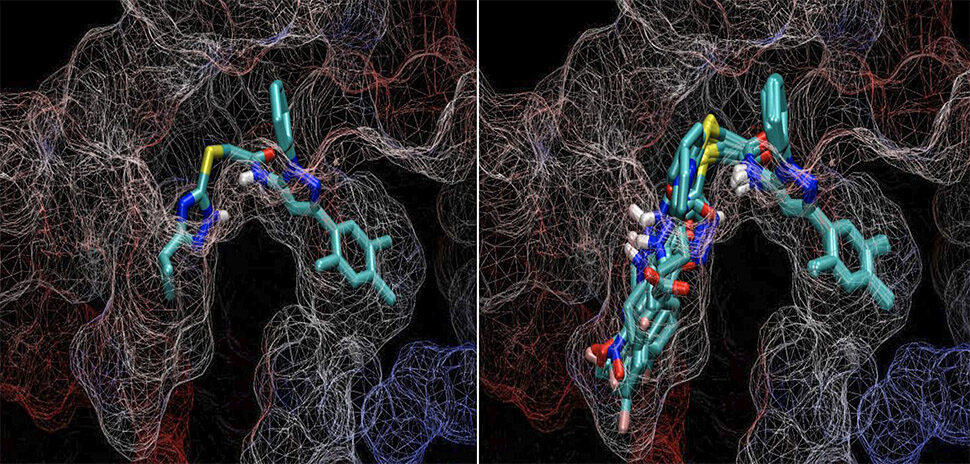A team of researchers at the University of North Texas’ Department of Biological Sciences has made a major discovery in how plants put tannins together.
Tannins have major human health benefits, and can impact the taste of fruits, and drinks such as tea and wine, according to a release from the university.
The research by by Chenggang Liu, Xiaoqiang Wang, Vladimir Shulaev and Richard Dixon, is being featured in the journal, Nature Plants, the university said.
“This is one of the most exciting papers of my career.”
Richard Dixon
“This is one of the most exciting papers of my career,” Dixon, distinguished research professor of biology, said in the release.
According to the release, the UNT researchers studied the gene leucoanthocyanidin reductase, or LAR.
Scientists previously thought that LAR only helped make the building blocks of tannins, but, according to the release, the research team learned that LAR instead plays an unexpected role in determining how the building blocks of tannins multiply to make long chains.
The researchers found that when the building blocks, called epicatechin, are linked in longer chains, they become insoluble, and lose astringency., the release said. Smaller, more soluble tannins can offer humans more health benefits, the release said.
Dixon said the research has major implications.
“This is one of the biggest breakthroughs ever in tannin research,” he said. “Tannins have been associated with reduced risks of cardiovascular disease, cancer and Alzheimer’s disease.”
TANNINS CAN ALSO BE USED TO HELP THE ENVIRONMENT
He said the information gleaned from the research can be used try to boost those health benefits.
“We can also work to improve the taste and astringency of many fruits and beverages,” Dixon said. “We can even help with a major source of pollution.”
But there’s more to the research beyond health benefits.
The UNT researchers are using what they’ve learned about tannins to manipulate alfalfa in a manner that may reduce gas in cows, which researchers said is one of the biggest contributors to the greenhouse gas problem in the environment.
Delivering what’s new and next in Dallas-Fort Worth innovation, every day. Get the Dallas Innovates e-newsletter.






































































